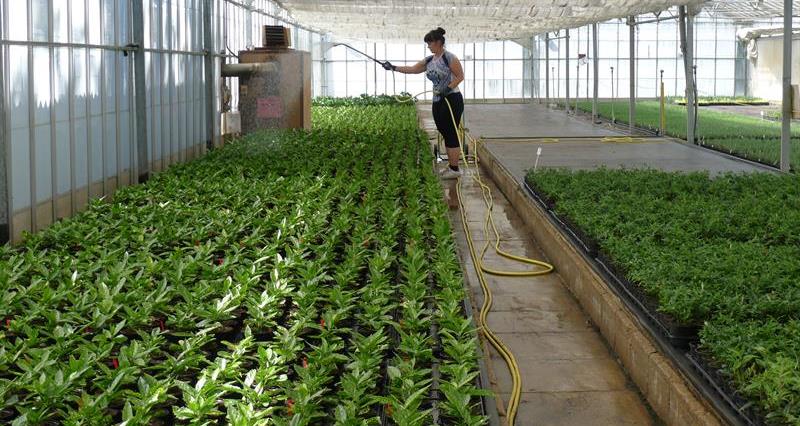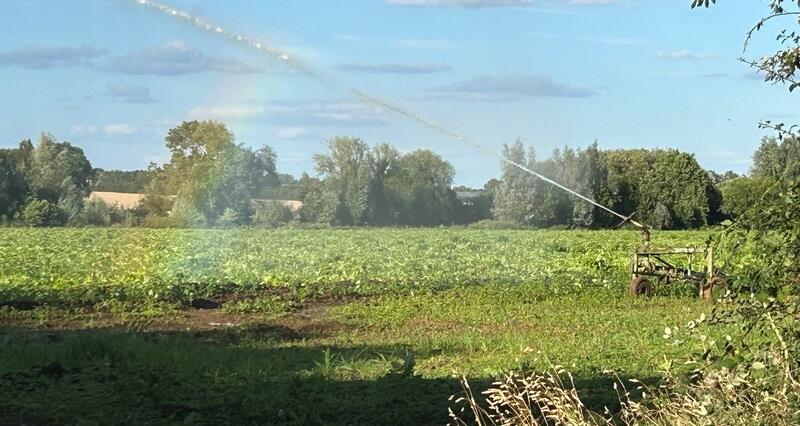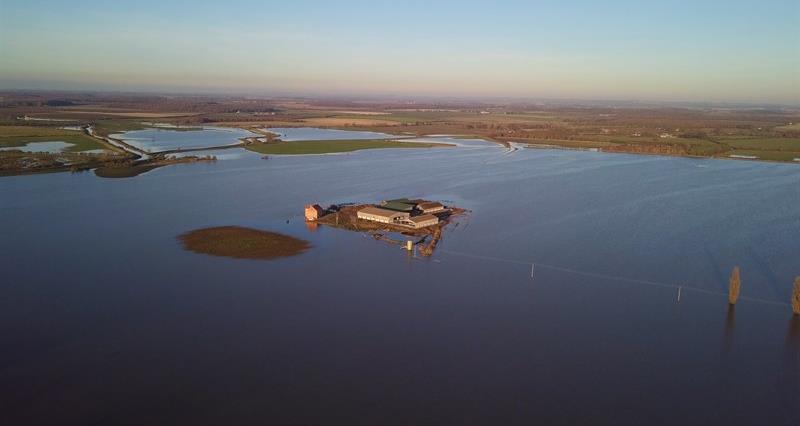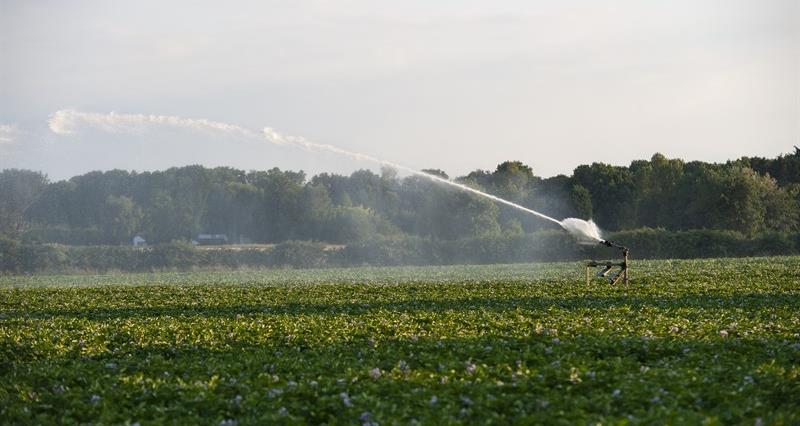The updated irrigation outlook shows a good picture following above-average rainfall over the winter and early spring leading to a healthy water resources position ahead of the summer.
Despite the good position dry spells in June and August, we have seen reservoir levels reduce significantly pointing to how quickly the status can change if a dry period continues.
Wet weather again in September has seen available water increase but as we head into the autumn recharge period the EA (Environment Agency) would still encourage irrigators to take action to safeguard supplies for the following irrigation season in case there are any periods of prolonged dry weather.
Possible actions include:
- Checking membrane integrity on reservoirs.
- Maximising opportunities to refill reservoirs during high flows.
- Contacting us if having reservoir refill problems.
- Planning cropping to meet reduced water availability.
Status definitions
‘Good’ status means that water levels are average or above average and supplies are expected to be safe. There is always a possibility of minor local controls on abstraction from surface water in late summer if the weather is exceptionally hot and dry.
‘Moderate’ prospects mean that water levels are low and so some controls on surface water abstraction are possible by midsummer if the weather is hot and dry. Controls on abstraction from groundwater are possible in small, sensitive groundwater areas.
‘Poor’ relates to water levels being well below average. Soil moisture deficit is developing early and significant restrictions on abstraction from surface and groundwater are probable.
Close monitoring
Analysing the outlook, NFU national water resources specialist Mark Betson said: “While lack of water may be furthest from many irrigators minds, it is important to remember that weather patterns under climate change will result in prolonged dry periods as well as wet.
!There is no immediate indication that 2025 will be a dry or wet year but planning ahead in case of a dry spring will build resilience into what you hope to achieve.”
Next steps
The EA will continue to monitor the situation and review its position if required.



